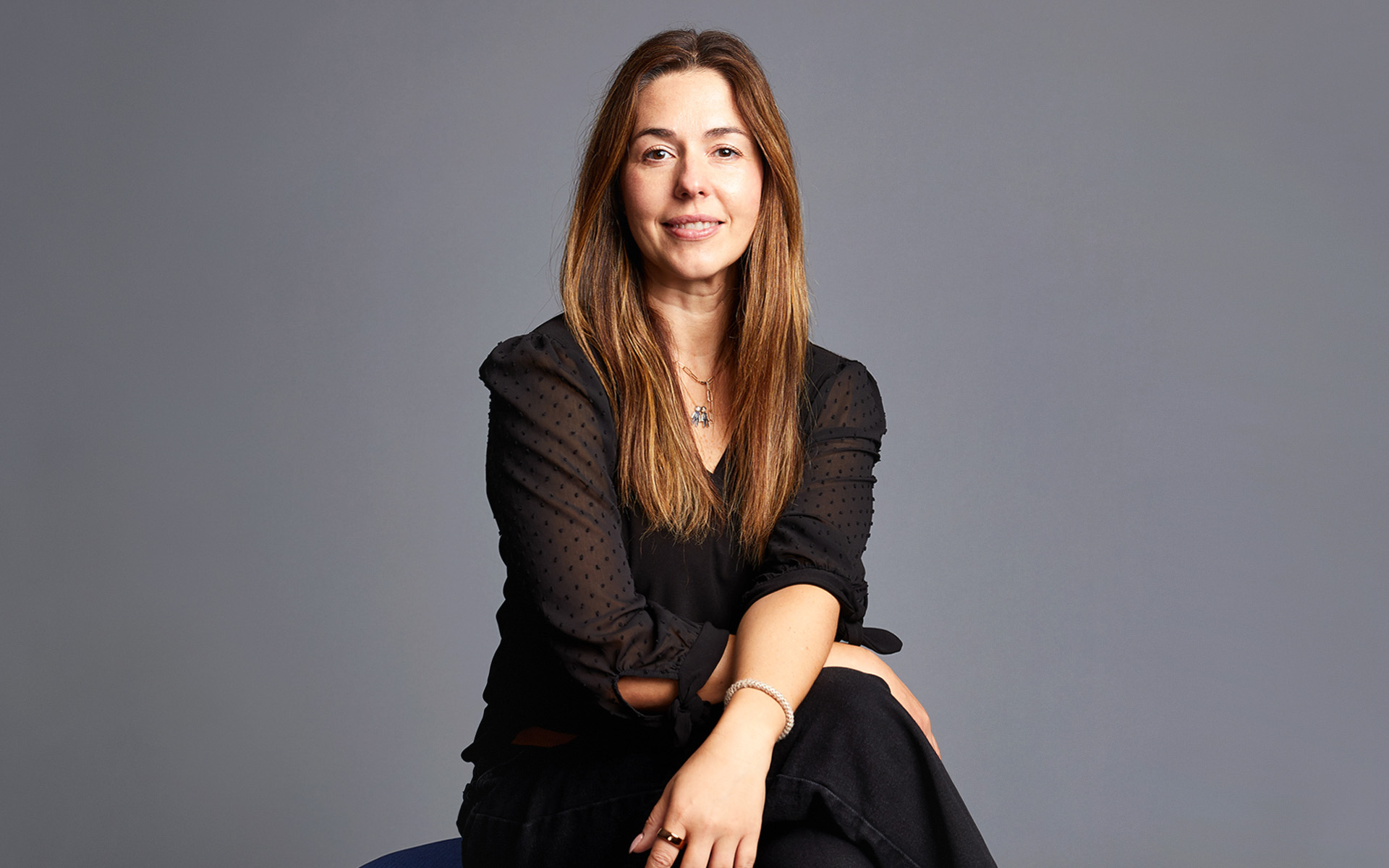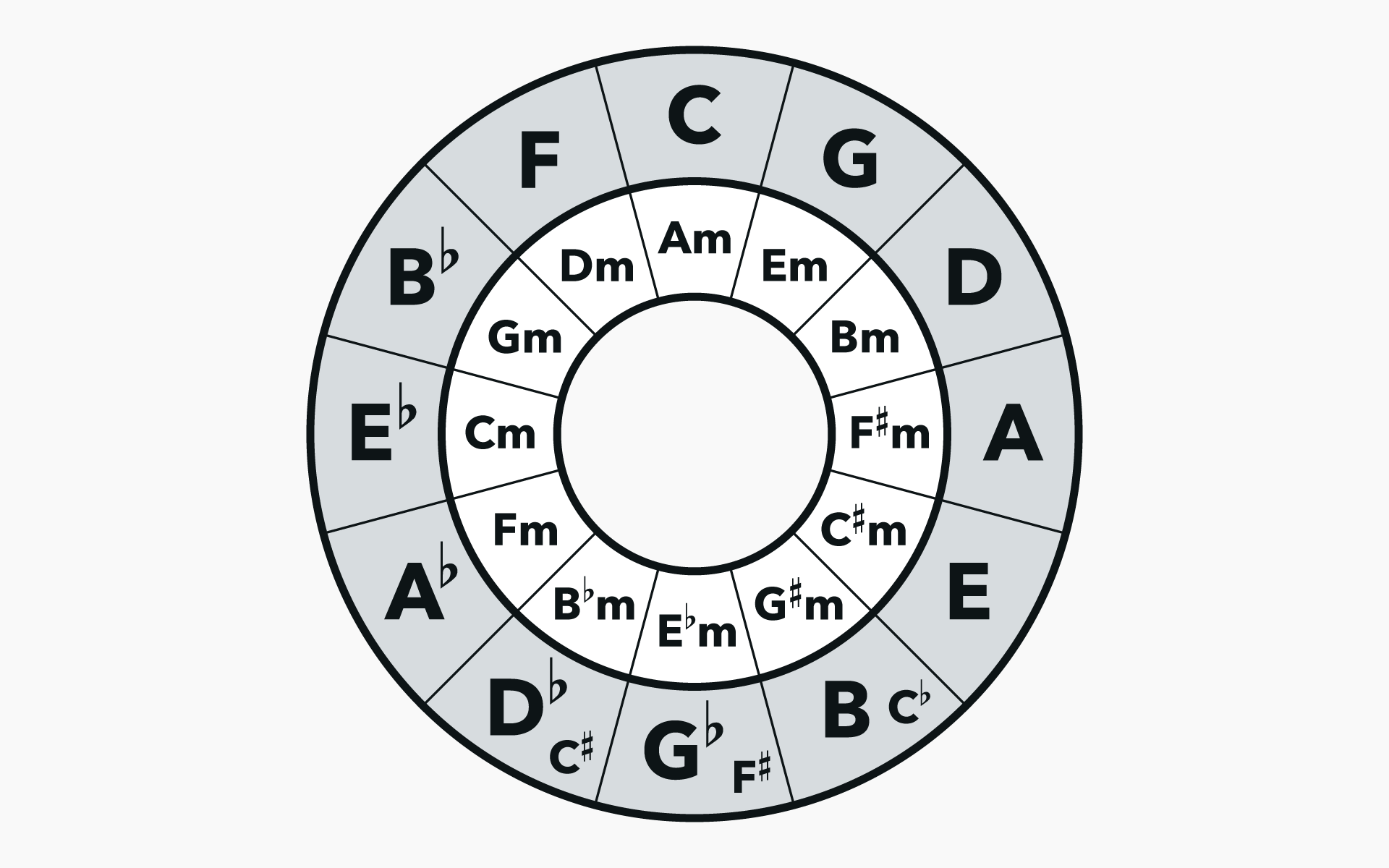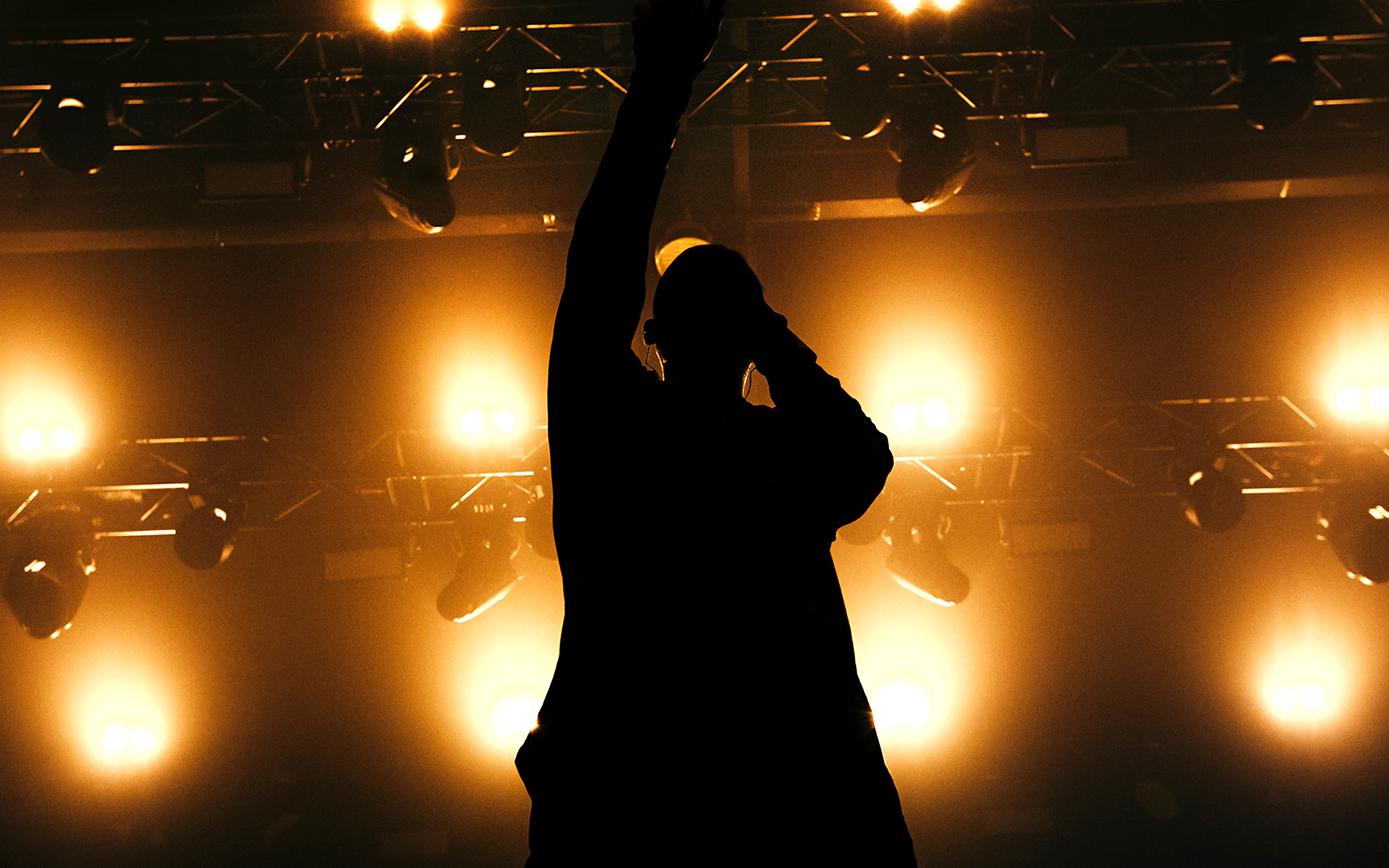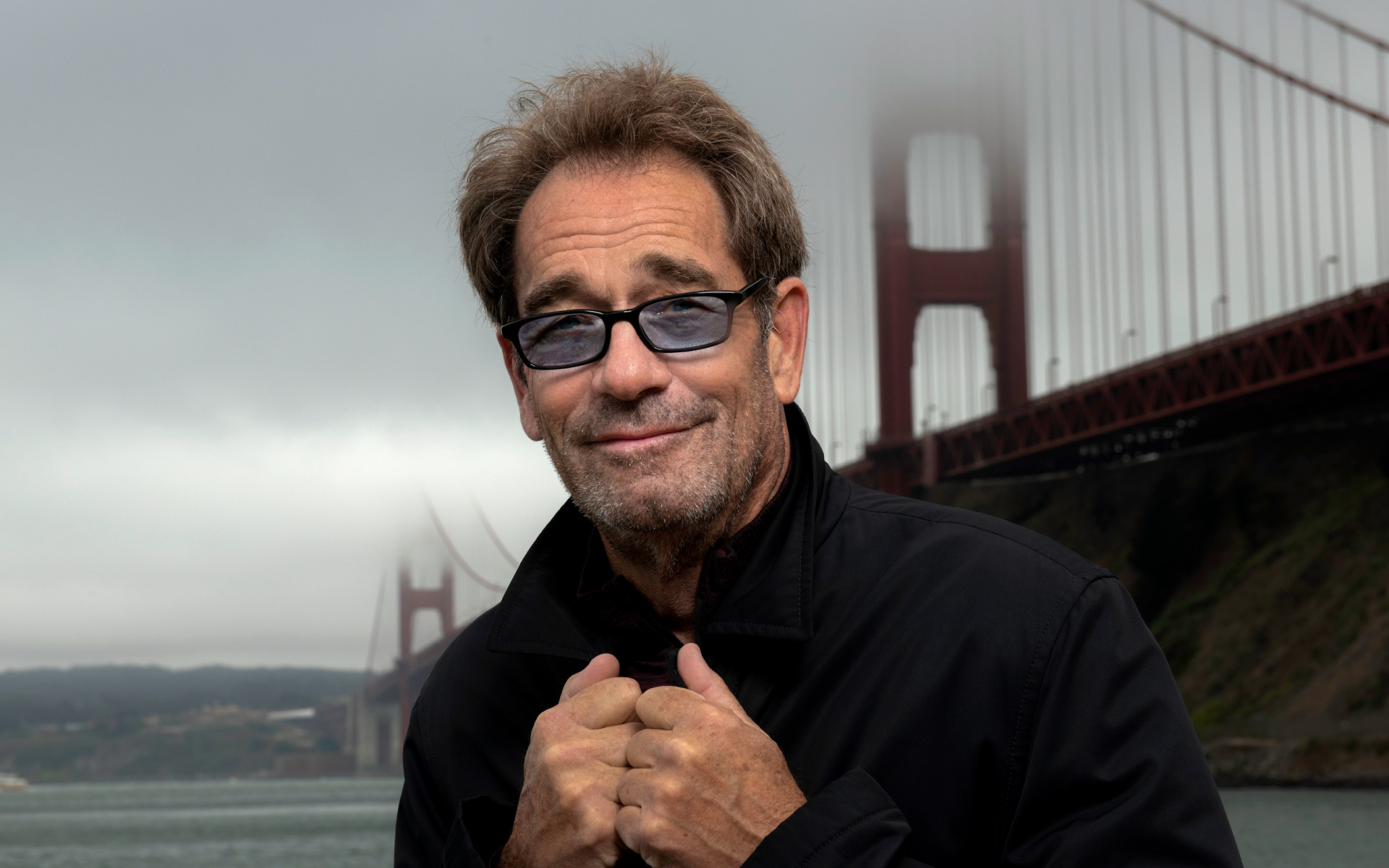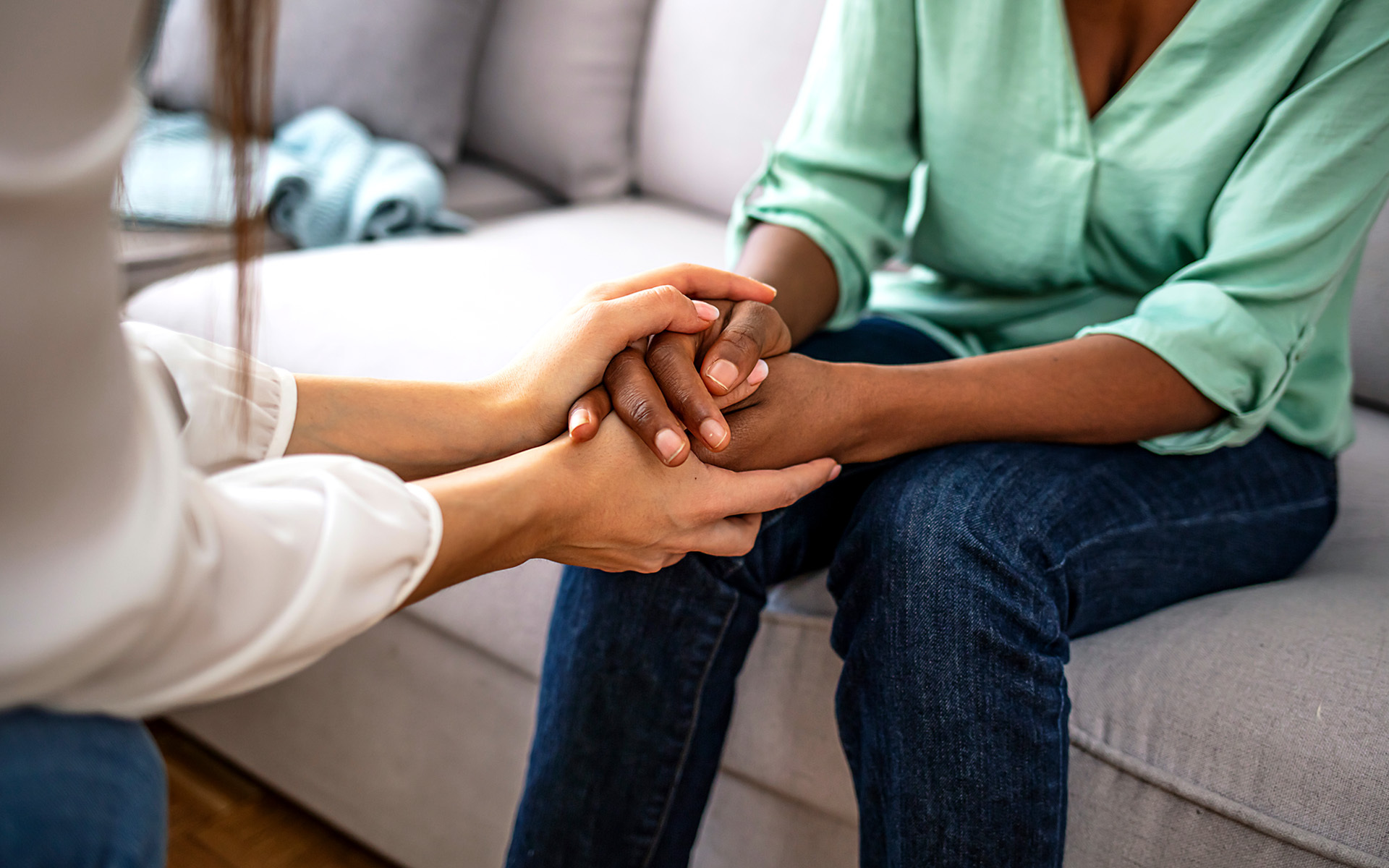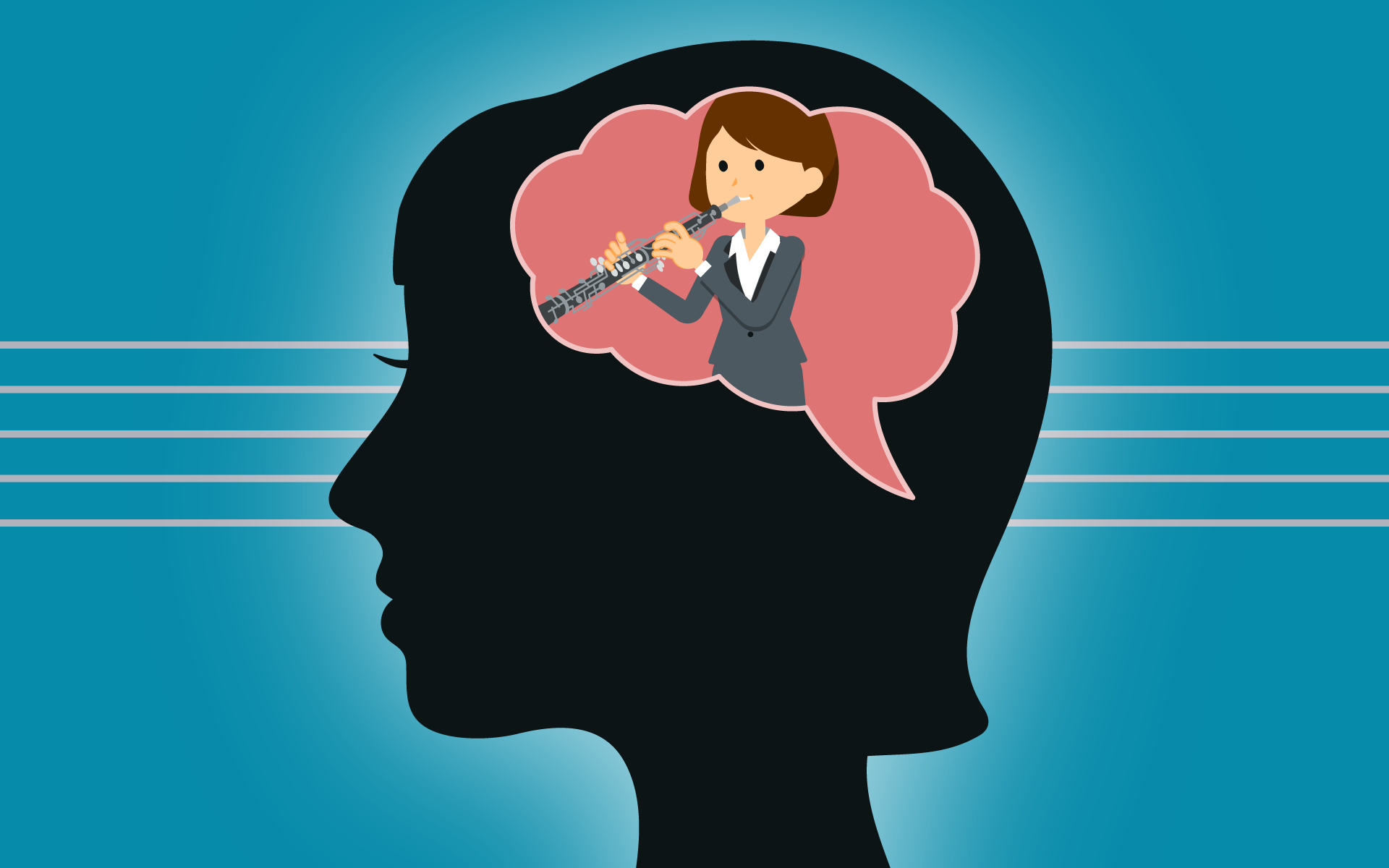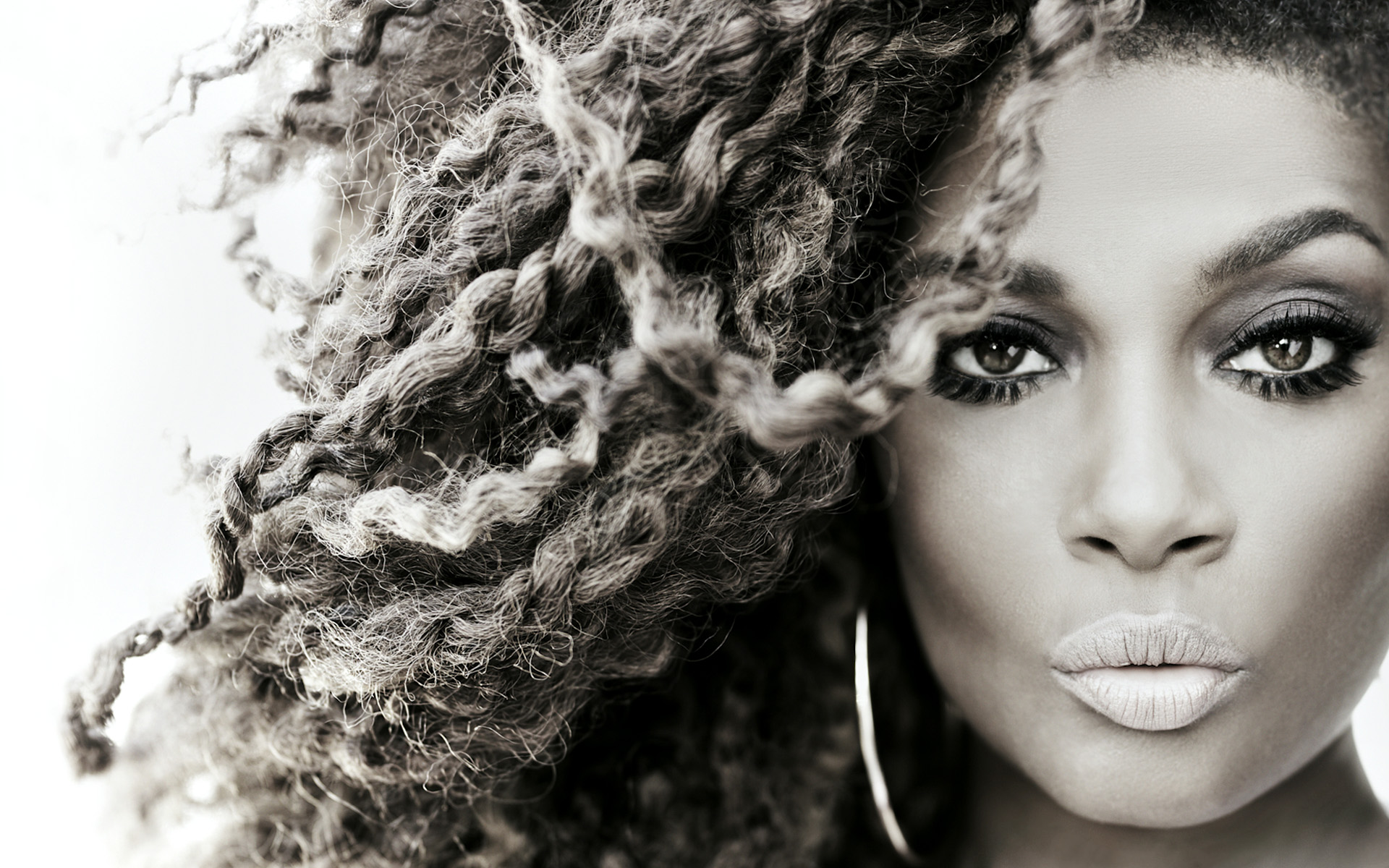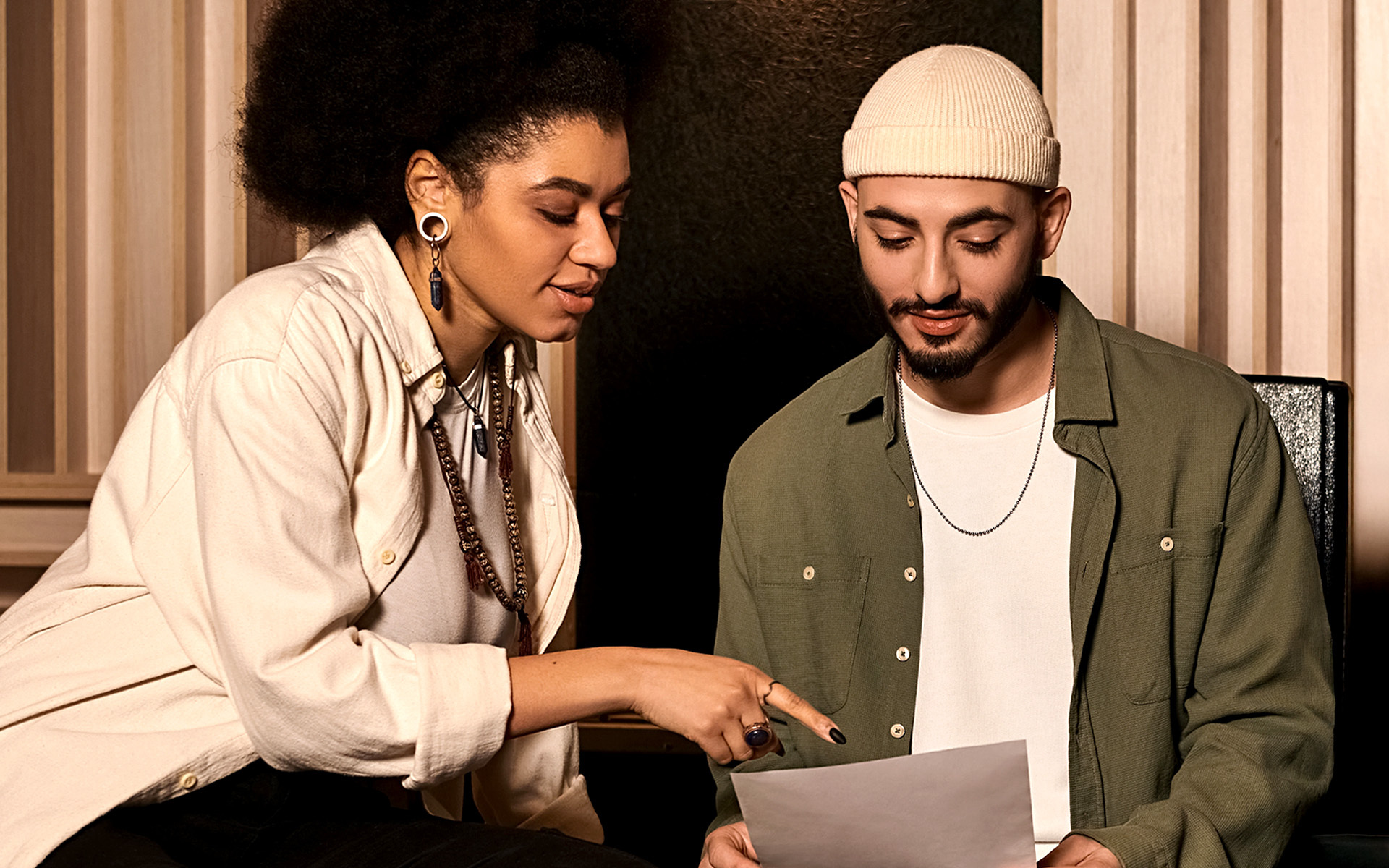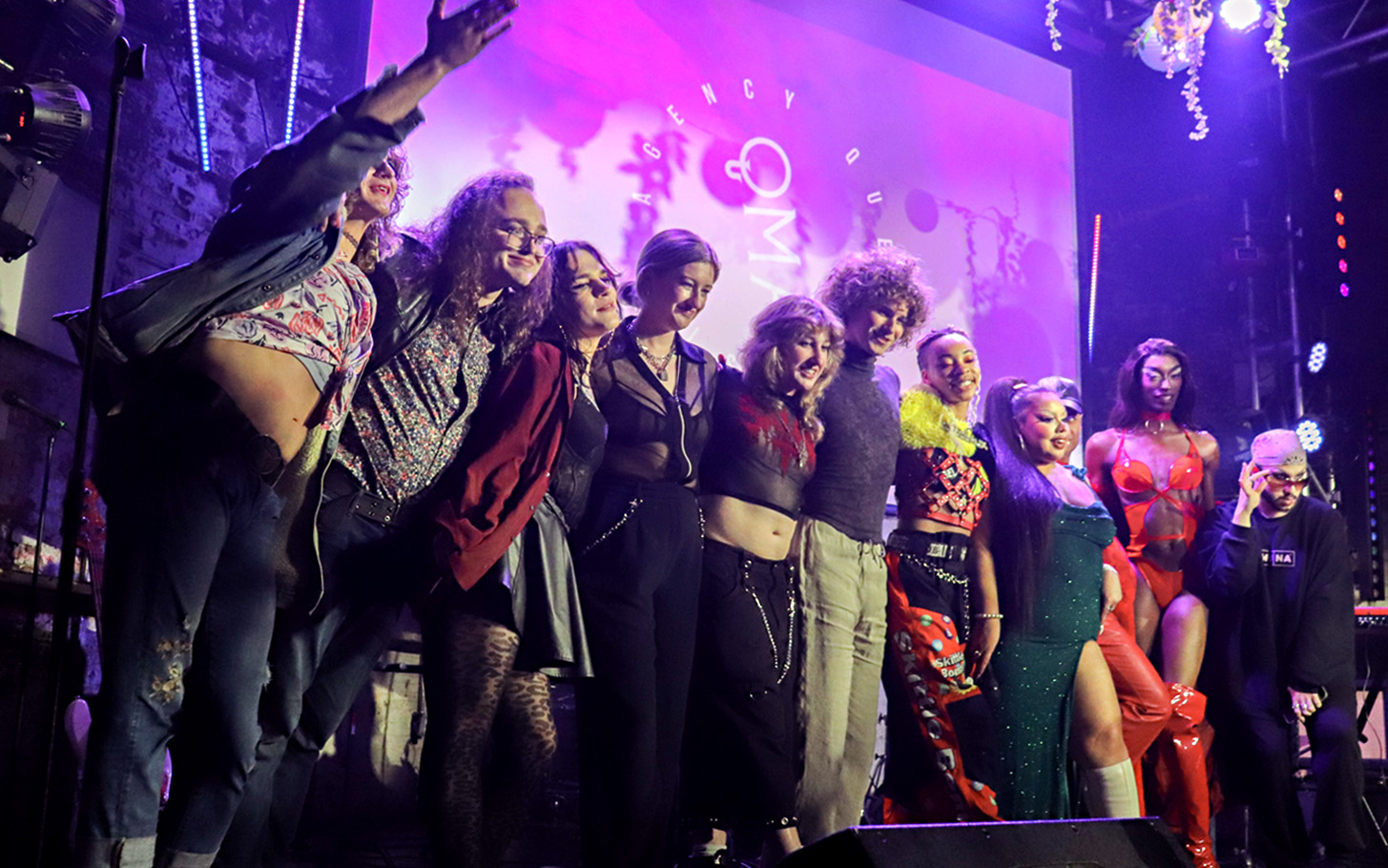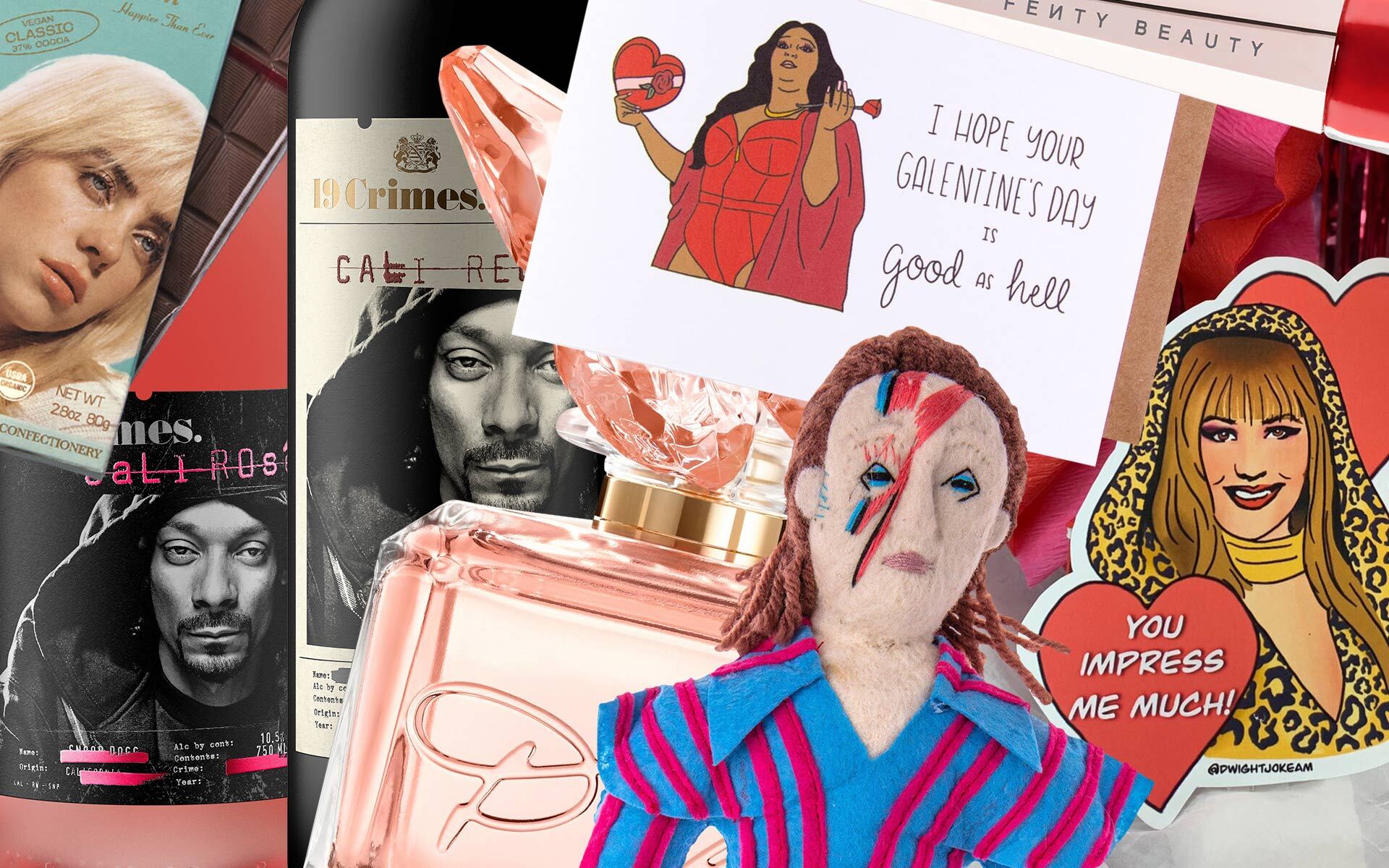Note: This article contains discussions of suicide.
More than 73 percent of independent music makers experience symptoms of mental illness. And this statistic was released before the pandemic. In 2019, Swedish digital distribution platform Record Union conducted a stunning study about the wellbeing of musicians, and it’s evident that we are facing these demons at a disturbing rate.
With the world constantly wanting new, fresh music, considering the musicians behind the music is vital. Hilary Gleason, executive director of Backline says this is exactly what has been the motivation throughout her life.
“Whenever I’ve been having a hard time, it’s like you go put on your favorite album, you put on your favorite song, or go to a show,” Gleason says. “Making sure that everyone who has a hand in making that music happen is taken care of and can be supported on their journey is really important.”
Backline is an organization that connects participants of the music industry and their families to mental health and wellness support and resources—streamlining access to a network of trusted organizations and care providers. Some of these include case management, where Backline will provide professionals to help create customized care plans, support groups, and other resources such as free subscriptions, articles, and much more.
Backline is just one of an increasing number of organizations focused on mental health for musicians. When Mari Fong, music journalist and executive producer and host of the Check Your Head podcast, found out Chris Cornell died by suicide, the news hit her hard. Not even two months later, Chester Bennington of Linkin Park took his own life and soon after, so did AVICII. She was a fan of all of these artists, and thought it was time to put something positive out into the world before any more casualties of the music industry occurred. That’s when she created the podcast.
“I like to encourage people to get help when needed,” Fong says. “Often we try different things our own way but if it’s time to go to a professional, somebody who has the experience with a lot of patience to guide you, by all means, do that.”
If you or someone you know is struggling with suicidal thoughts, call the National Suicide Prevention Lifeline: 1-800-273-TALK (8255) or find a suicide crisis line in your area.
Stress, anxiety, and depression were reported as the most commonly experienced negative emotions by independent music makers in relation to their music. What’s the biggest trigger, you might ask? Financial instability.
“There is still that notion that the show must go on,” says Gleason. “You don’t get to call a mental health day or a sick day. Many people have put their own mental health on the back burner for the good of the show or for their band. Then you get into the late nights and inconsistent sleep and the inconsistent financial side of things where you have to take work because you don’t know when the next job is coming.”
Before the disruption of the touring industry due to COVID-19, most musicians were relying on tours and live performances as a primary means of financial support and with many musicians out of work, Backline witnessed their case management submissions quadruple. Over the course of this pandemic, we have seen more and more discourse surrounding the mental state of musicians and how the industry plays a giant role.
Gleason says, “We’re understanding that so much of it is systemic. That goes beyond just the artists, which, the mental health challenges for the artists themselves can be a little bit easier to understand. But really, we serve the music industry in its entirety. So crew people, agents, and managers … some of the reasons we’re seeing more and more mental health struggles is because there is no governing body. There is no HR in most of these organizations.”
With the pandemic came an illumination of many systemic issues, especially those that plague Black, Indegenous, and People of Color in America. This past April, Backline announced a partnership with Baltimore’s Black Mental Health Alliance to educate, inform, and provide access to customized mental health resources for BIPOC. The critical piece of this partnership being to train the more than 150 mental health providers that make up Backline’s clinical referral network.
“It was really clear to us,” says Gleason. “Even before last summer, but certainly after, there was a huge call to action in our community like, ‘Hey, my experience is not the same as yours.’ What’s going on right now is really taxing, exhausting. There is a need for clinicians that understand that and can speak to that.”
These training sessions will cover topics such as the history of systemic racism and racial microaggressions within the music industry, barriers to accessing mental health care within BIPOC communities, and how these challenges can present in the form of mental strife, psychological fatigue and emotional exhaustion. Additionally, Backline and Black Mental Health Alliance will offer non-clinical training to other organizations, corporations, and individuals serving the music population.
“We’re not just pairing people at whim, but asking, ‘Do you want a Black therapist? Do you want any therapist who’s been trained in cultural sensitivity, or in some of the racism that exists within the music industry?’” says Gleason. “Being able to actually put people with therapists who truly understand and have studied what’s going on is taking it one step further to make sure that when somebody walks in to get started on their mental health journey, they feel welcome there. They feel understood there.”
Spreading awareness and helping people feel understood on their mental health journey is a huge part of the work and Fong is doing exactly that with her podcast.
“It’s just so important to hear how people got through their depression, their anxiety, and to hear what they did, what worked and what didn’t work,” she says. “One thing we really focus on with the podcast is solutions. It’s one thing to talk about your story, but it’s another thing to provide a list of solutions that people can try. Mental health is not one size fits all.”
Backline held their first ever livestream fundraiser Set Break in April and nearly 2 million people listened to artists open up about their own mental health struggles. The festival-style event included live performances from artists such as Sara Bareilles and Leon Bridges and immersive wellness experiences from around the world.
“It was really powerful to have artists from every single genre, at every point in their career … all sharing and normalizing this conversation around mental health,” Gleason says. “It really does affect everyone. Whether or not you have struggled personally, you know someone who has.”
Too many artists lose their lives to mental illness and addiction well before their time. With organizations like Backline and resources such as the Check Your Head podcast illuminating the mental health crisis within the music industry, the hope is that more people in the industry will get the help that they need.
“We’ve all seen musicians that we love lose their lives to a drug overdose or to a mood disorder,” says Fong. “That’s something we really don’t want to see anymore. So that’s also a part of the podcast that means a lot to me. Maybe I’m helping somebody out there. Maybe there’s a musician that is going to keep going in the midst of something really difficult.”
List of Resources:
- Backline
- Sweet Relief Musicians Fund
- Music Industry Therapist Collective
- Black Mental Health Alliance
- MusiCares
Read more mental health tips for musicians from a Backline therapist.

